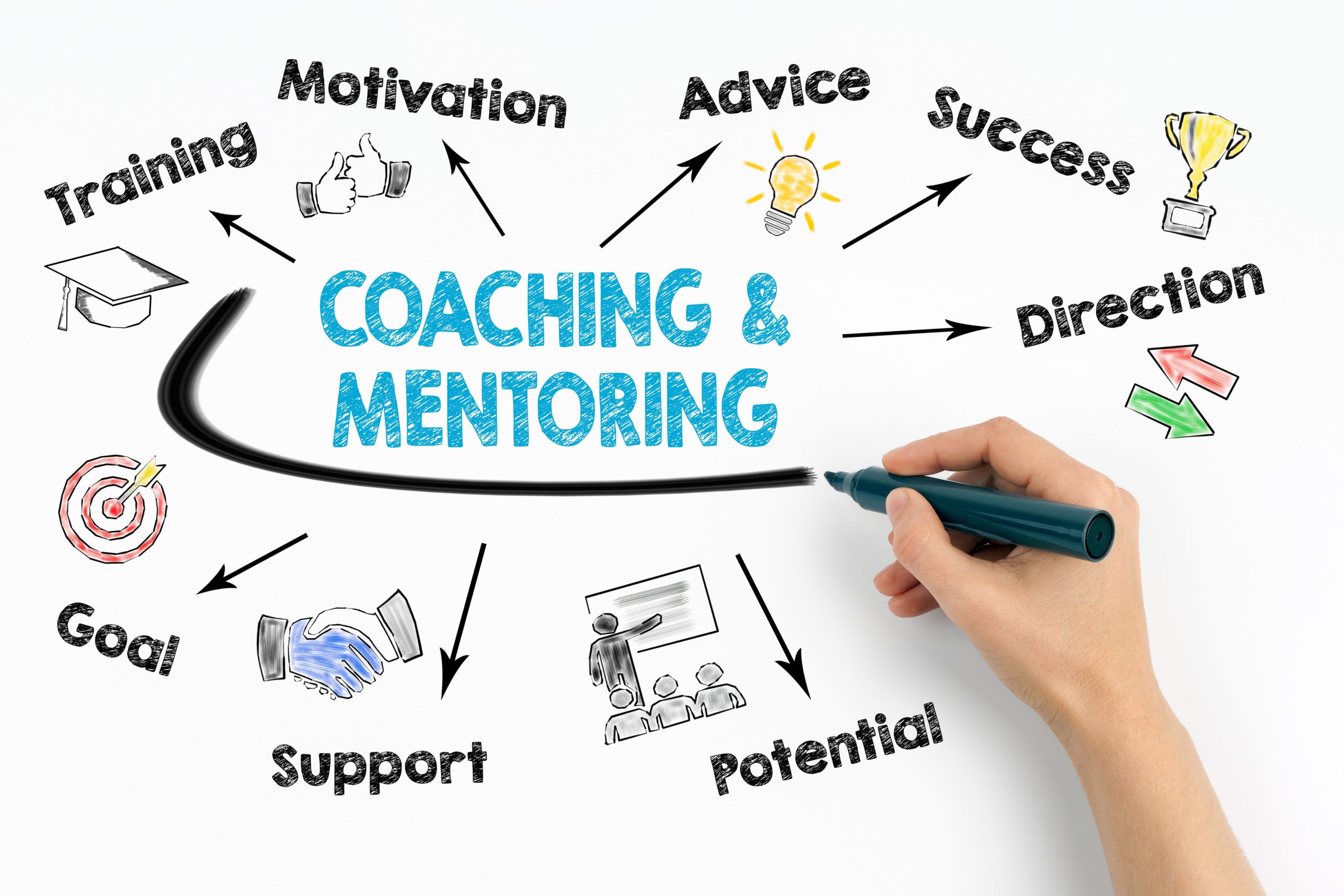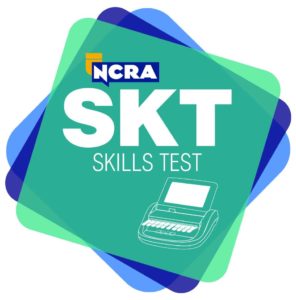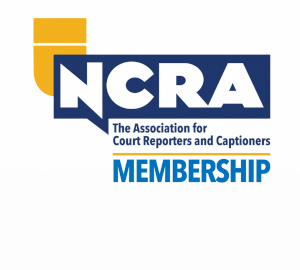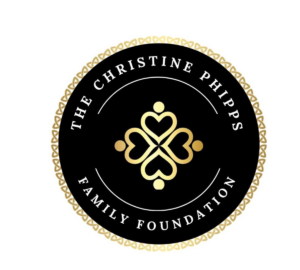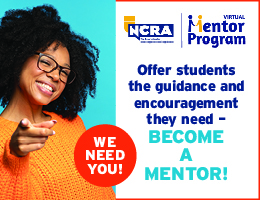By Geanell Adams
While advising, career coaching, and mentoring are three different and distinct concepts, they serve the same purpose of encouraging student participation for ultimate success. All three of these concepts share a common objective – to assist individual students grow and develop, achieve their desired goals, and reach their full potential. However, to better understand how advising, coaching, and mentoring can enhance each other’s efforts in supporting students, it is vital to understand how their roles differ.
That’s the focus of the differences between “advising,” “coaching,” “mentoring,” and other similar-but-not-the-same roles within higher education. Advising, academic coaching, and peer mentoring programs help students develop skills and identify resources needed for success. These key skills include time management, study strategies, and goal setting. Advisors, coaches, and mentors meet with students to learn about their specific individual and unique needs, habits, and preferences. They ultimately help students develop personalized strategies for optimizing their school experience.
Advising 101
Advisors are integral contributors to any student success effort. For those in a school setting, they are the go-to experts in policy, procedure, campus resources, and completion requirements. A person knowledgeable of curricula, program pathways, and plans can advise students to ensure they matriculate through the correct course sequence towards certification, degree, or program completion. Their focus is often on a specific – and usually academic – need and ensuring the student has a plan for meeting that need (such as assistance with registration, a course plan, and resources for academic as well as social support).
Oftentimes that plan is paired with the student using a developmental advising approach. Other times, the advisor will direct students toward resources or recommend specific next steps using a more traditional or directive advising approach. Academic advisors are subject matter experts when it comes to working with students to select courses and programs and developing a plan of action that leads to a chosen career path. Advisors typically work primarily within the academic sphere.
The work of mentors, coaches and advisors is complementary and should be regarded that way. Students who understand these different but complementary roles will benefit greatly in their expectation of services from these stakeholders.
Mentoring 101
Mentoring is all about making connections. Creating a meaningful, deliberate, intentional, and authentic connection in an environment of trust is required for the success of the mentoring process and the personal growth of the student. Learners who believe they are connected to their mentors are more likely to connect with them for guidance in challenging or confusing situations, to communicate openly and honestly as the relationship grows, and to rely on that relationship to improve their self-esteem and self-confidence.
Mentors provide advice based upon their personal life experiences and knowledge and serve more in a teaching capacity, with their training coming from personal and work experiences as opposed to a formal preparation program. Mentors are usually volunteers and are chosen for their specific experience – their position in a particular job or field – and may be able to introduce and connect the student mentee to people of influence within an industry or organization. Many students see their mentors as role models who can help guide them toward and/or along a particular career path, especially when it’s the same path traveled by the mentor. Mentoring has a tendency of being more informal than coaching, and the meetings can happen in any modality – telephonically, videoconferencing, in person, virtually, etc.
Coaching 101
Coaching is also a critical student support role that moves beyond the sphere of academics. It creates a collaborative, tailored approach to address the student’s individual needs. Coaching customarily takes on a proactive approach to both short- and long-term success and can be implemented separately from, or more impactfully alongside, advising services. When properly deployed and utilized, effective coaching techniques use research-proven methodology designed to include holistic assessment of potential risk factors and development of specific cognitive and non-cognitive skills to help students overcome barriers. This provides an individualized experience specifically for each individual student. Designed to support institutional goals, coaching carefully balances meeting the immediate needs of students, helping them solve problems as they arise, making sure theyare aware of various institutional resources and how to engage with them effectively, and nurturing long-term personal growth and development.
Coaches are instrumental in helping students make small, meaningful changes and integrate new strategies, habits, and mindsets into their daily lives. This process helps students build skills that will serve them well each day, overcome bumps in the road, and successfully achieve their goals. Akin to mentoring, coaching is likewise based on trust-building and personal connection; however it is an integral student support role that tends to be more formal and structured than mentoring. Coaching typically can be implemented separately from or alongside mentoring services. Active listening is important in fostering engagement, improving assessment, and deepening relationships. Usually, the insights coaches glean from working with students are compiled into reports for each institution, providing a window on issues that matter to their students. For students, this information is useful to helping them make lifelong decisions that are impactful both professionally and personally.
Mentors, coaches, and advisors all play positive, supportive roles in students’ lives, helping them – in their own way – build skills that will serve the students well every day, overcome obstacles, and successfully achieve their goals. The work of mentors, coaches and advisors is complementary and should be regarded that way. Students who understand these different but complementary roles will benefit greatly in their expectation of services from these stakeholders. When interacting with mentors, coaches, and advisors, students will have a better idea of what questions to ask, what information to seek, and then know how to better use the information provided to them in their career-seeking endeavors. All three are instrumental in student development and success when utilized properly.
Geanell Adams, RMR, CRR, CRC, CRI serves as Workforce Coordinator for Central Mississippi Planning and Development District and adjunct instructor for Hinds Community College in Raymond, Miss. She can be reached at geanelladams@aol.com.
